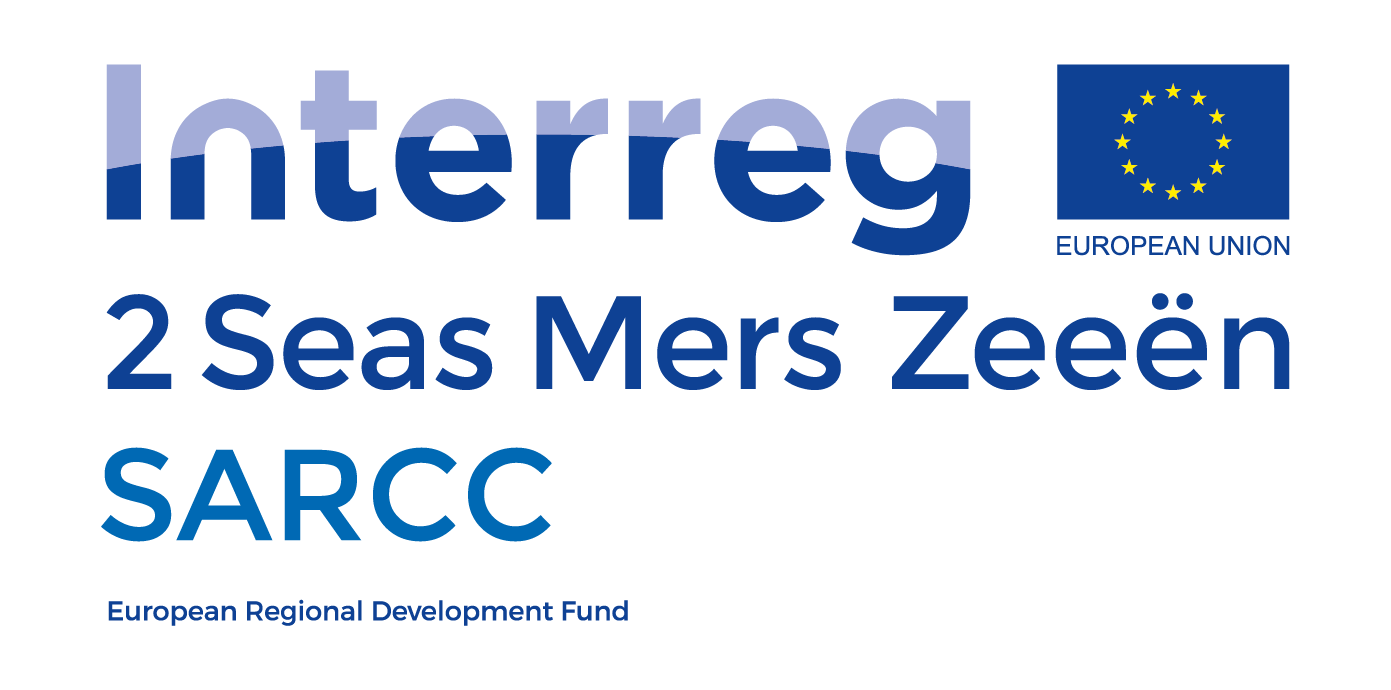Work Package 1 Update
Within the SARCC project, the purpose of Work Package 1 (WP1) is twofold. On the one side, a team of experts from the Maritime Archaeology Trust (MAT), TU Delft (Department of Urbanism) and HZ University of Applied Sciences (Delta Academy) is producing baseline data that is linked to long-term, natural and political processes of coastal regions in the 2 seas region. On the other side, another team of experts with members from HZ University of Applied Sciences (Delta Academy), Vives University College (Smart Technologies) and Exo Environmental are working on a monitoring programme to evaluate the different pilot sites.
Baseline Data
The baseline data consists of a maritime and coastal review of data sets, an urban landscape evaluation, a historical assessment of planning policies and a mindscapes evaluation. By gathering this information, long-term patterns and the urban development reveal the causes for the current coastal situation we have today. The purpose of the gathering of the information of long-term, natural and political processes is to mainstream nature-based solutions into coastal management and policy making. The political processes within the pilots are being analysed by mapping spatial and governance conditions in relation to flood safety. The end products of these analyses are three types of atlases: a maritime atlas, a flood risk atlas and an urban atlas. To ensure these documents are accessible to both curators and stakeholders, the data will be incorporated into a web based viewer (figure 1).
A glimpse of the produced data was presented on the Delta Design in Times of Climate Change conference in Delft (figure 2), organised by TU Delft in March 2020. Gary Momber (MAT), Andrea Bortolotti (TU Delft) and Fransje Hooimeijer (TU Delft) each presented the current state of play of their work related to SARCC.
Figure 3: Example of evaluation questionnaire
Monitoring Programme
In the context of the monitoring programme, the first evaluation questionnaire (figure 3) for the SARCC pilot managers was launched a few months ago. This to evaluate the start phase and the design phase of the pilots. The purpose is to distribute even more questionnaires to evaluate each stage of the pilot process towards the end of SARCC. The results coming from the first questionnaires indicate whether the pilot sites were already familiar or not with nature-based solutions, how they were familiar with these and why they decided to implement a nature-based solution instead of grey infrastructure. With this methodology, we can look more into the process of planning to implementing a nature-based solution in practice and where exactly the obstacles or the positive points were. With these insights we can learn and use the results to inform the urban decision-makers, while it also provides data that can support education, outreach and dissemination.



